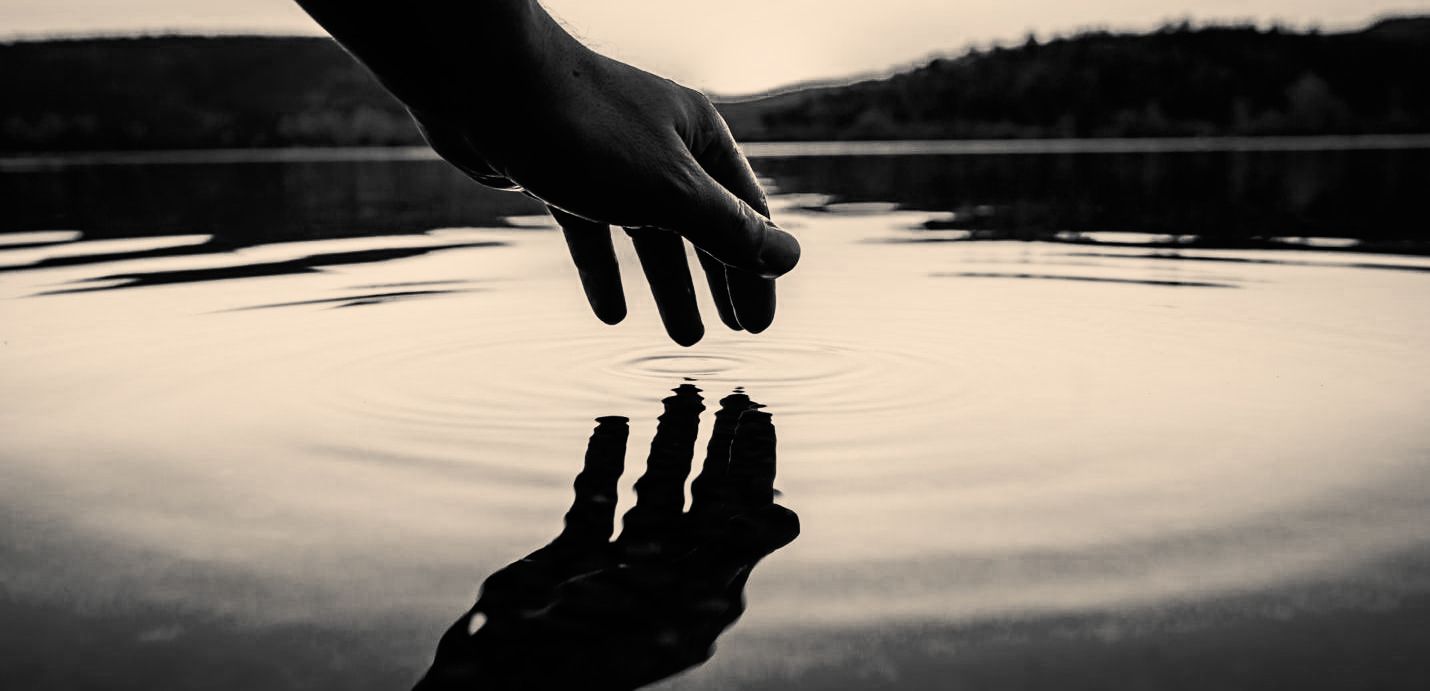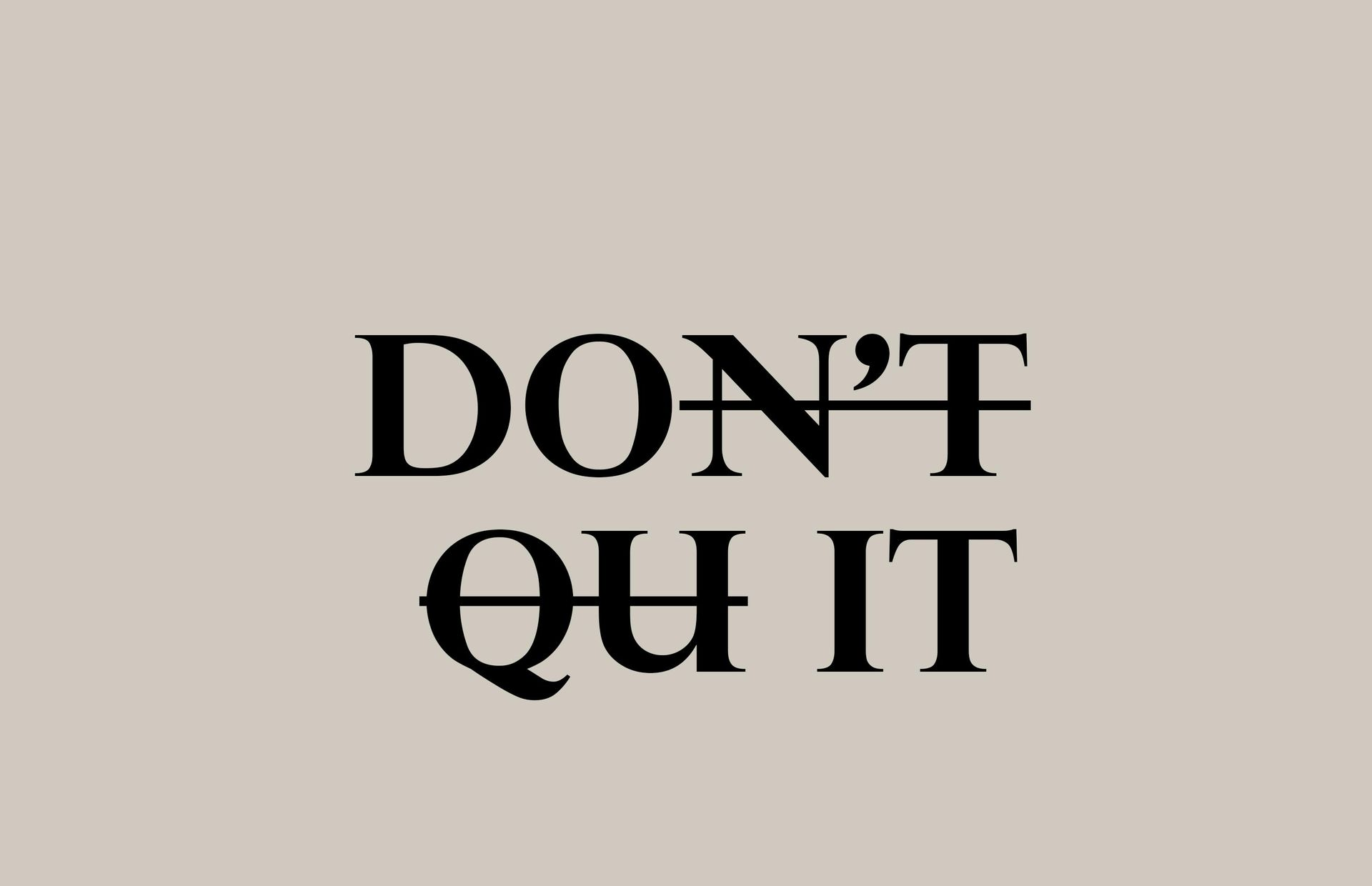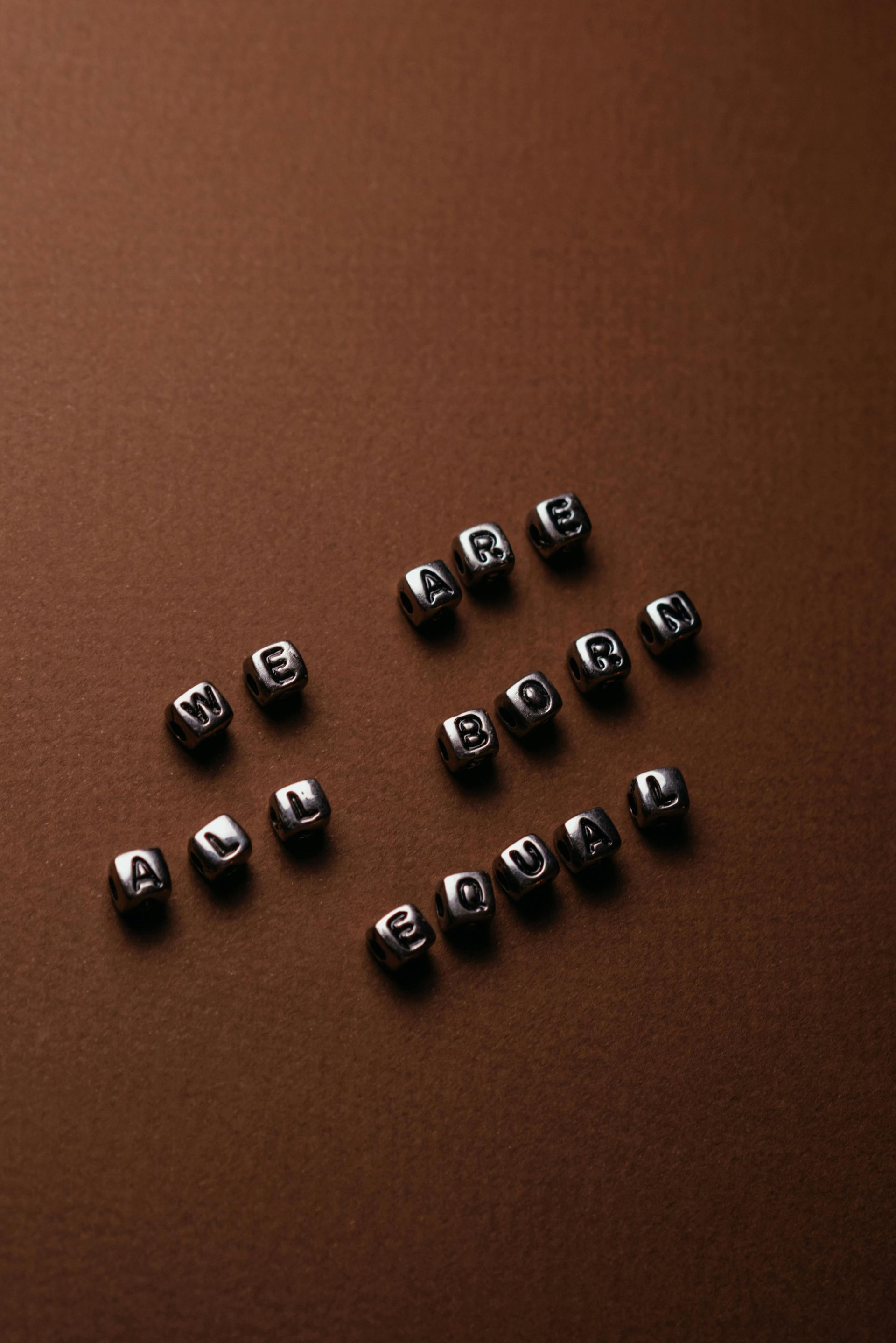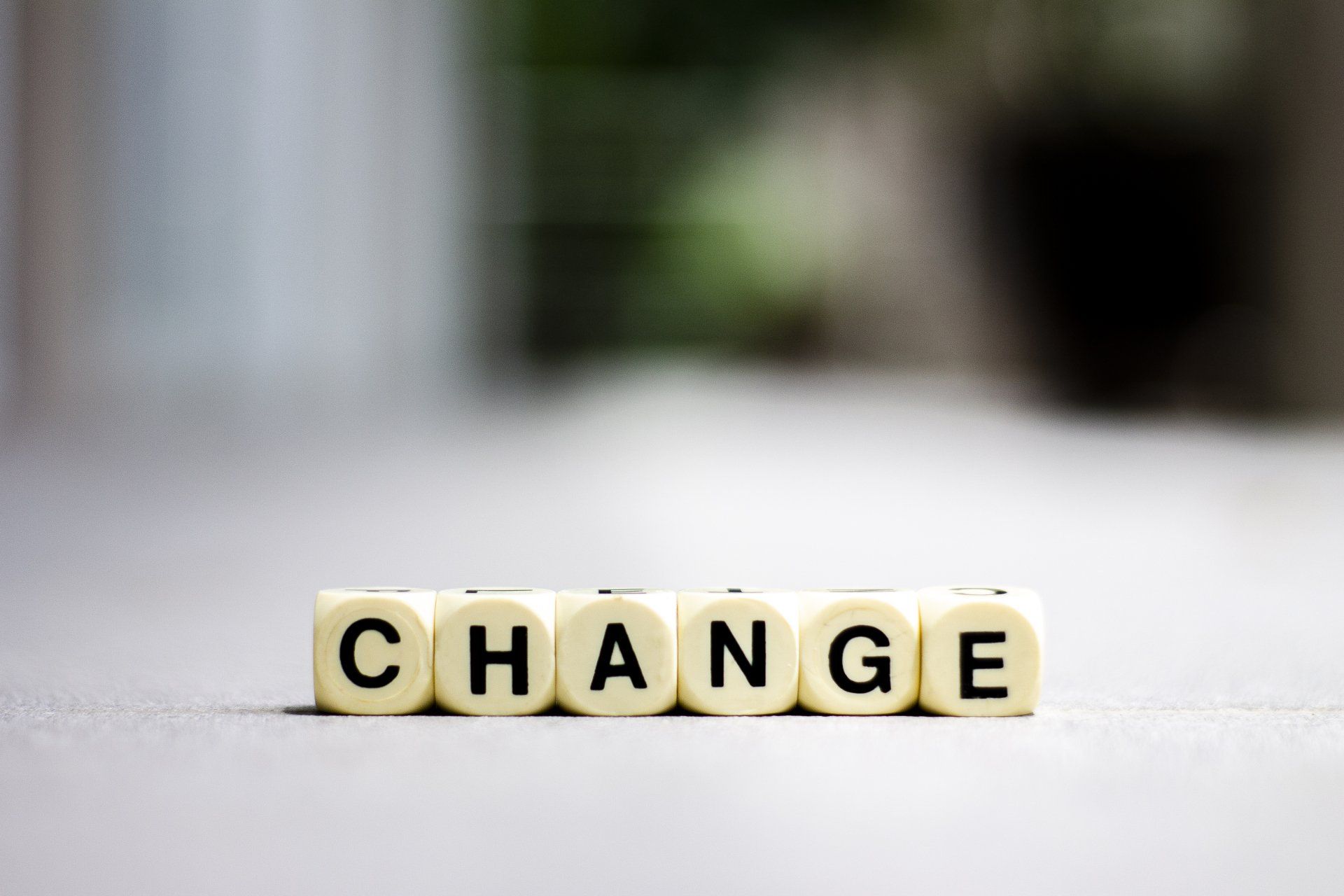Resilience Reflections
"We are not banished from the kingdom of joy by experiencing or witnessing suffering."
- Archbishop Desmond Tutu

On Misery, Happiness, & Joy
The wall text installation piece, ‘I am the curator of my own misery.‘, Douglas Gordon, 2010 | Tate, is intended to have readers deeply reflect on one’s personal meaning of the words. Why do we create needless misery for ourselves? Misery is part of the human condition as is the ability to find happiness despite suffering. Similarly, human resilience is about recovering or bouncing back despite setbacks in life.
Sean Achor, Yale researcher and author of the book, The Happiness Advantage, has studied happiness all over the world. After working with people in Africa whose economy had completely collapsed and with bankers in Europe who were unhappy about the stock market downturn, he found that the farmers in Zimbabwe were happy and resilient while the bankers from Switzerland were, quite simply, miserable. Achor purports that “happiness is a choice, happiness spreads, and happiness is an advantage.” His research as well as that of many others have consistently found that the number one predictor of happiness levels across socioeconomic, age, gender, and other factors, is gratitude.
Suffering and joy are not mutually exclusive as both are part of being human. In The Book of Joy, the late Archbishop Desmund Tutu states, “Joy is much bigger than happiness. While happiness is often seen as being dependent on external circumstance, joy is not. Our greatest joy is when we seek to do good for others. We are not banished from the kingdom of joy by experiencing or witnessing suffering.” Finding joy is not just about practicing gratitude, it is looking for the good even when something bad DOES happen.
When the inevitable feelings of sadness, fear, pain and other negative emotions happen, they can be simultaneously experienced with positive feelings. I felt both happiness and pain when I broke my ankle two days before giving birth to a healthy baby boy almost 17 years ago. I was grateful for the time I spent taking care of him for many weeks mostly on a couch, and the help of my husband and mother with my toddler while I healed. Deep joy through a little bit of physical pain.
One more thing that bears mentioning; toxic positivity is not the same as realistic happiness. Positive psychology is about finding comfort with both positive and negative feelings one experiences every day, not wallowing in the negative.
In short:
- Be a joy finder and look for the good, despite bad things.
- Be grateful for the good, no matter how small.
- Be a curator of your own joy rather than your own misery.
©2023 E. Enriquez Counseling & Coaching, LLC









